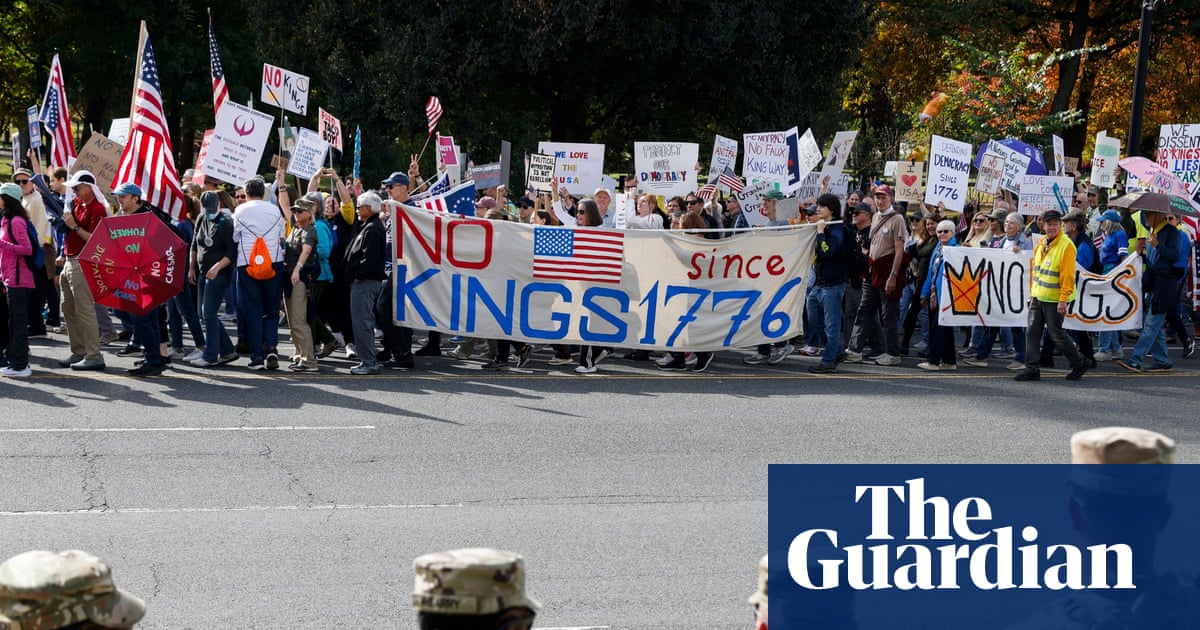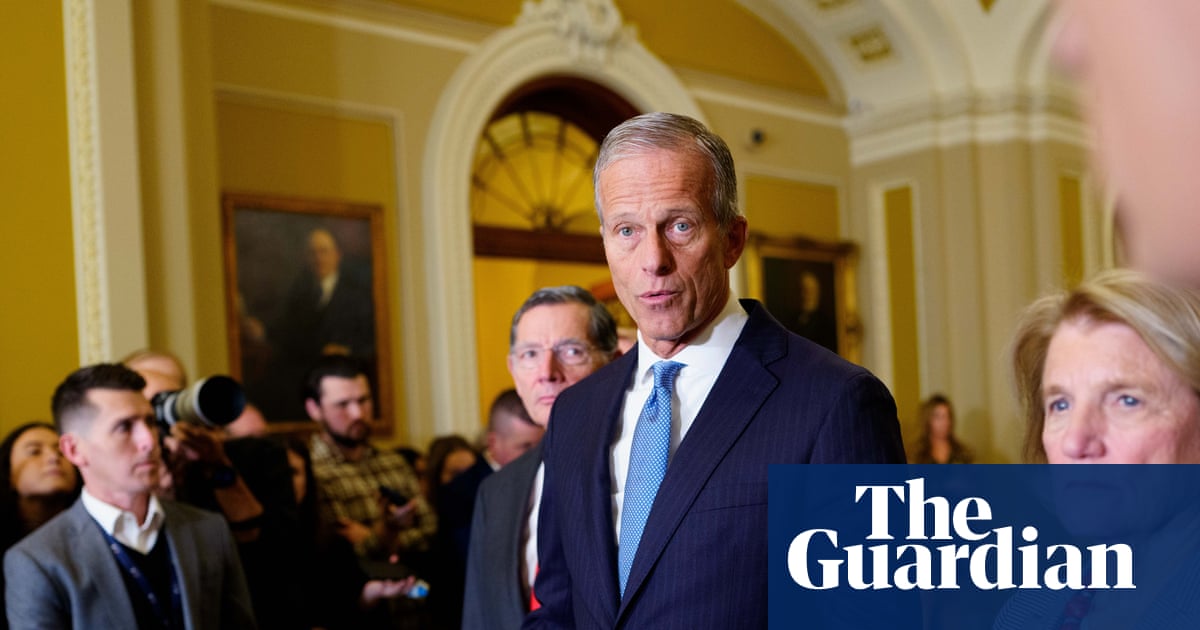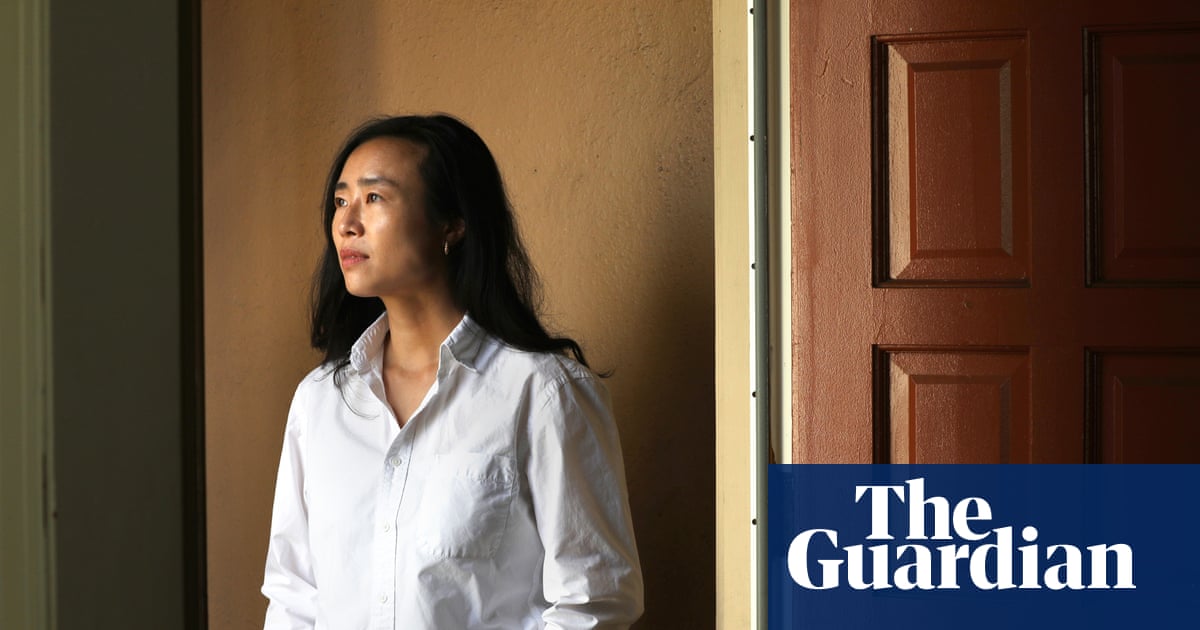By Nate Raymond
BOSTON (Reuters) -A federal judge in Boston will consider on Thursday whether to block President Donald Trump's administration from moving forward with plans to suspend food aid for millions of Americans starting on Saturday amid the ongoing government shutdown.
Lawyers for 25 Democratic-led states and the District of Columbia will urge U.S. District Judge Indira Talwani at a Boston hearing to order the U.S. Department of Agriculture to use $6 billion in contingency funds to pay for the Supplemental Nutrition Assistance Program (SNAP), also known as food stamps, which nearly 42 million low-income Americans rely on.
The USDA's shutdown plan, released last month, had said contingency funds were available to keep funding SNAP benefits in the event Congress did not enact spending legislation that would avert the lapse in funding that began October 1.
But on Saturday the department updated its website to say no benefits would be issued on November 1 as scheduled, stating "the well has run dry." It would mark the first lapse in payments due to a government shutdown in the program's 60-year history.
The states sued on Tuesday. They are asking Talwani, an appointee of Democratic President Barack Obama, to issue a temporary restraining order that would allow them to continue to administer SNAP benefits in November.
SNAP benefits are available to Americans whose income is less than 130% of the federal poverty line, or $1,632 a month for a one-person household, or $2,215 for a two-person household in many areas. States are responsible for the day-to-day administration of the benefits, which are paid out monthly.
Democrats and Republicans in Congress have traded blame for the shutdown and for the risk that SNAP benefits could lapse as the funding impasse continues.
USDA has said insufficient funds exist to pay full benefits to all 42 million Americans. SNAP benefits cost $8 billion per month.
But the states, led by Massachusetts, California, Arizona and Minnesota, say the lapse is unnecessary given the existence of the contingency funds, which would cover a portion of the benefits and by law are intended to be used as “necessary to carry out program operations."
The states argue the suspension of benefits is arbitrary and is being carried out in violation of the law and regulations governing SNAP, which they say only allow USDA to suspend benefits when funding is unavailable.
They argue that USDA lacks the discretion to stop funding benefits absent a complete lack of funding and by law must continue paying out as long as Congress has appropriated funds that can be used for those purposes.
The states are not asking for a nationwide block on the administration's action but instead are seeking a ruling that only applies to the states that sued.
(Reporting by Nate Raymond in Boston, Editing by Alexia Garamfalvi and Deepa Babington)

 German (DE)
German (DE)  English (US)
English (US)  Spanish (ES)
Spanish (ES)  French (FR)
French (FR)  Hindi (IN)
Hindi (IN)  Italian (IT)
Italian (IT)  Russian (RU)
Russian (RU) 






















Comments